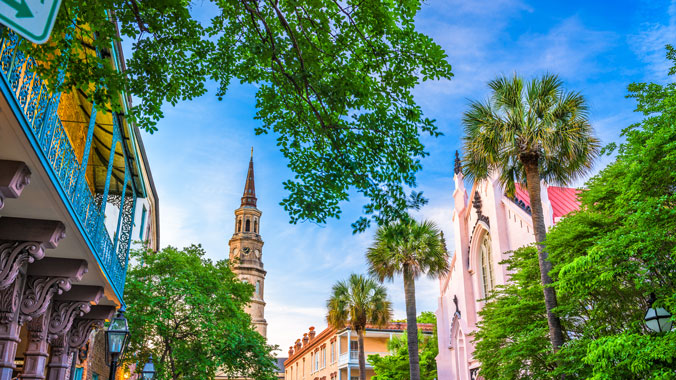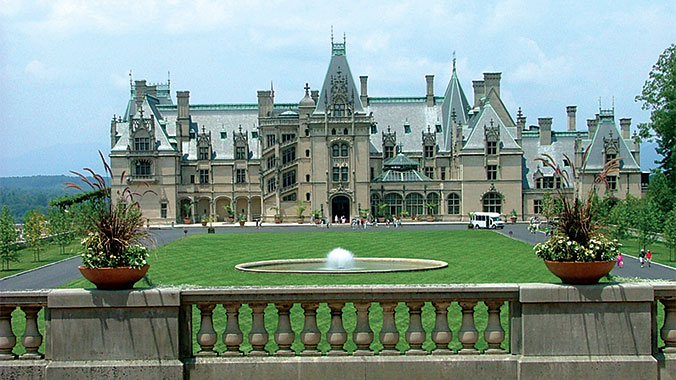On the Road: Atlanta, Asheville, Charleston and Savannah
- Explore the Biltmore Estate’s architecture and 8,000 acres of gardens, and learn how wine is made at the estate’s Antler Hill Farm and Winery.
- Learn about Gullah culture at Boone Hall Plantation, and take in the grave history of Owens-Thomas House and Slave Quarters.
- Dine where the famous have dined — Paschal’s Restaurant — and enjoy a cooking class as you learn about Southern cuisine.
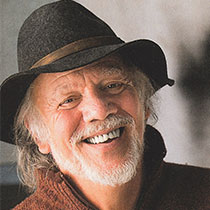
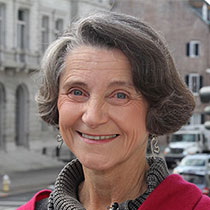
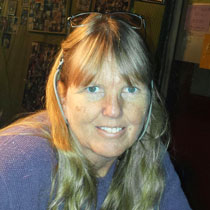

We want your Road Scholar learning adventure to be something to look forward to—not worry about. That’s why we go to the ends of the earth to give you peace of mind, from the moment you enroll until the day you return home.

Road Scholar's continued commitment to our participants and their well-being is exemplified whether participating on a program in the United States or on one of our International programs, every Road Scholar participant receives coverage under our Road Scholar Assurance Plan.

Road Scholar is pleased to offer its Trip Protection Plan as a way to protect your program investment. You may purchase this optional trip protection plan when enrolling in your program.

We offset a portion of the emissions created by your travel. Read about our commitment to a more sustainable planet.


